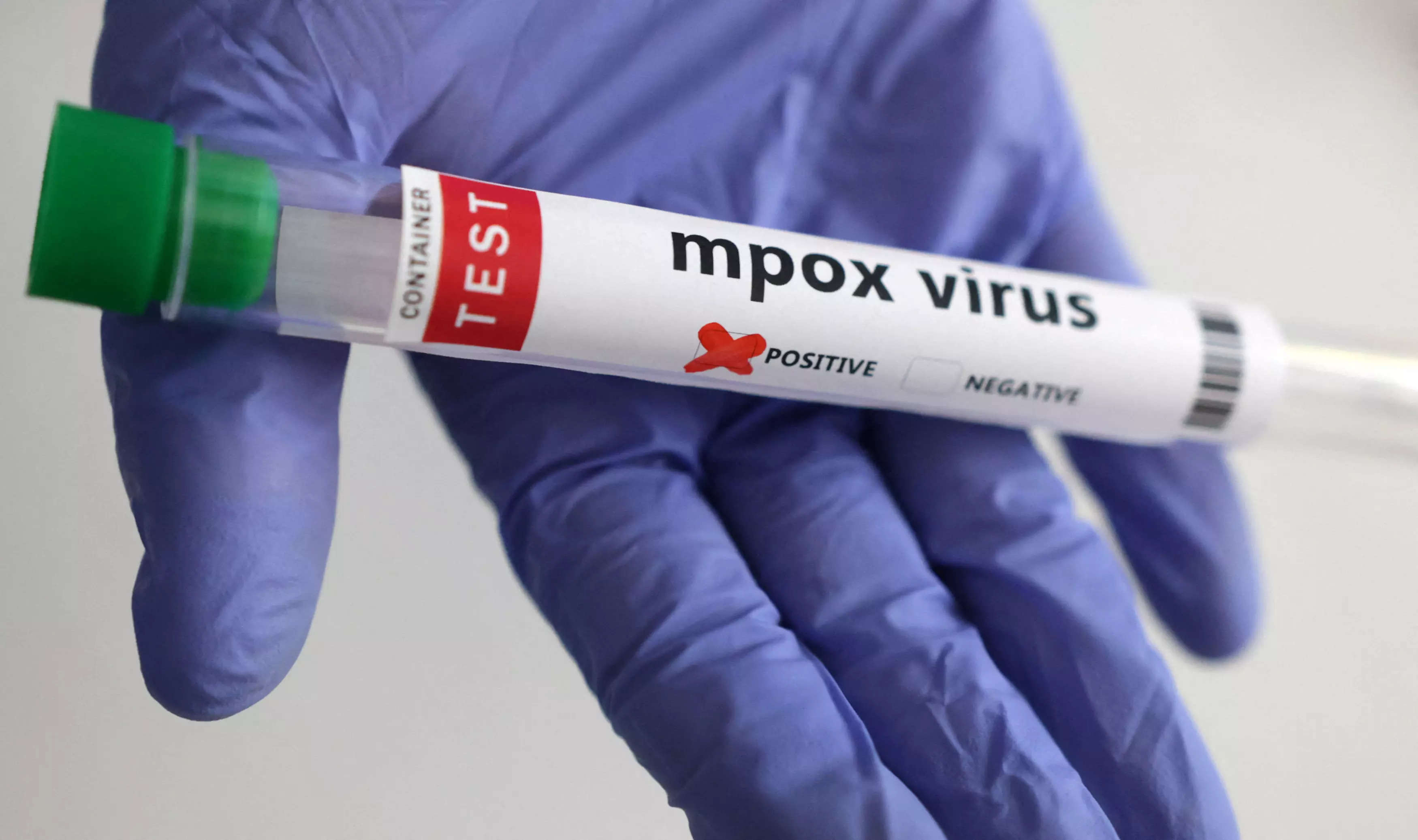
By Julie Steenhuysen
Chicago: U.S. health officials have identified a cluster of cases caused by an mpox variant that are resistant to Siga Technologies‘ antiviral tecovirimat, branded as TPOXX, in five U.S. states, federal and state researchers reported on Thursday.
The cases involved a total of 18 individuals infected with clade II mpox between Oct. 6, 2023, and Feb. 15, 2024, who had never taken the treatment before, according to the report published in the Centers for Disease Control and Prevention’s Morbidity and Mortality Weekly Report.
Clade II mpox cases, which are endemic to West Africa, sparked a global outbreak in 2022 that prompted the World Health Organization to declare a public health emergency, and cases continue to spread at low levels in some countries.
The drug-resistant mpox cases follow an initial, unrelated cluster reported in California in late 2022-early 2023, and are the first involving multiple states, according to the report.
Health officials said the latest cases are likely to have been underestimated because not all cases of mpox undergo genetic sequencing to determine the variant causing the infection.
Study authors said routine surveillance is needed to monitor for the emergence of drug resistance to safeguard the effectiveness of TPOXX, one of the few treatments approved for treatment of mpox.
CDC officials advised doctors to closely follow the protocol for TPOXX use, ensure that patients take the drug properly and stress that they can still spread the virus while taking the drug. The findings also underscore the need for additional mpox treatments, the study authors said.
The clade II strain is separate from the ongoing outbreak in Africa of a new variant called clade Ib, which prompted the WHO to declare a second public health emergency in August.
A U.S. government-backed study evaluating the use of TPOXX in clade Ib cases released in August showed the treatment was not effective at helping patients recover more quickly than a dummy treatment.
Mpox, formerly known as monkeypox, is a viral infection that causes flu-like symptoms and pus-filled lesions. Although usually mild, the virus can be deadly in some individuals with weakened immune symptoms. Mpox is transmitted through close physical contact, including sexual contact. (Reporting by Julie Steenhuysen, editing by Deepa Babington)







